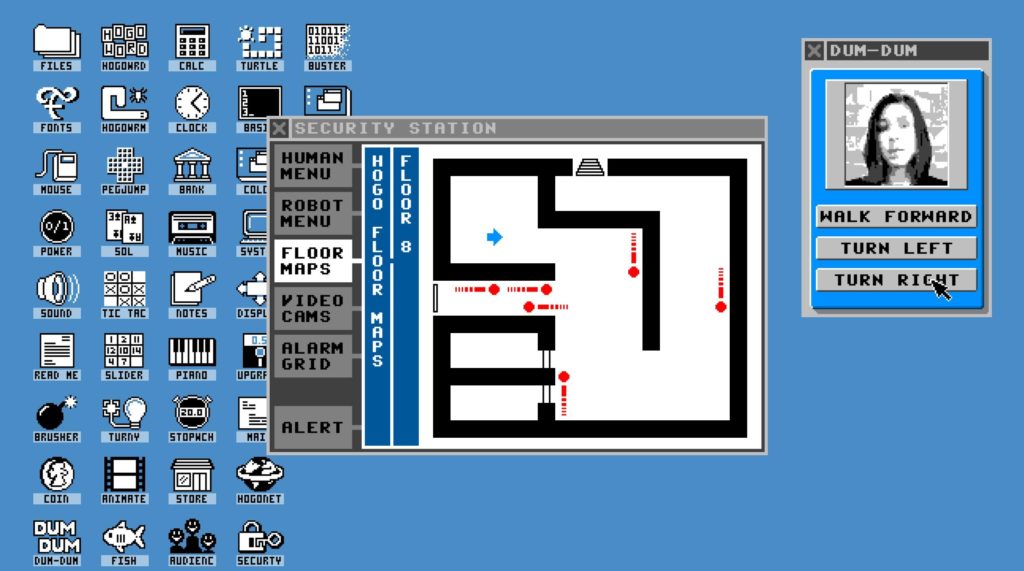
PC
Dum-Dum is another of those games about which I knew nothing going in, and was constantly surprised and delighted by the unfolding story. If you want the same experience as I had, and you’re willing to gamble a tenner on trusting me, then you need know no more than this: Dum-Dum is a game about a fictional operating system from 1985, in which you’re presented with a desktop, and everything else is yours to discover. What follows is intricate, bizarre, often daft, and unlike anything I’ve played. If you want to know more with light spoilers for the beginning, read on.
Dum-Dum is in fact the name of an application that runs on this imaginary ’80s operating system called HOGO OS. Looking like a slightly slicker version of Atari’s TOS, HOGO 1985 is the second version released by Hogo P. Rugnant, enfant terrible coder, and boasts AI technology. With HOGO you get a bunch of games, apps and documents, and they’re yours to explore as you wish. It even comes with a pioneering early version of the web, known as Hogonet, along with a GUI-fronted email package.
Oh, and it has its own version of BASIC! A fully functioning version, which you can type in and run your own programs, with advanced options for those who are already familiar with the language. It would be quite possible to code your own game inside this game, if for some mad reason you wanted to. But don’t be put off: I am utterly inept at even BASIC, and while it comes into play, it’s not in a way that will prevent anyone from playing. It’s by poking through all the files you find that you’ll eventually stumble onto a clue that triggers the game’s narrative.
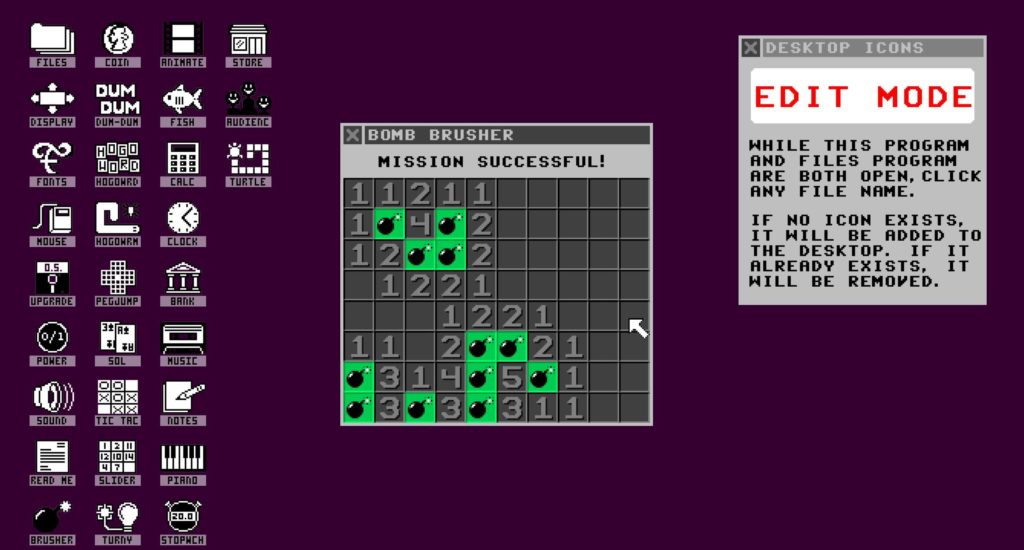
Before that, you’re likely to while away a fair amount of time messing with the collection crummy, not-quite-great games that come pre-installed. There’s a version of Minesweeper called Bomb Brusher, which has only 12 mines hidden in each grid, and you can’t mark them with flags. There’s Hogoword 1985, which is a crappy version of Mastermind, but with words instead of coloured pegs. Peg Jumper is a straight lift of Chinese Checkers, Turny Off is a simplified Lights Out, and Hogoball… I’ve not figured out Hogoball at all. There’s a properly odd version of Solitaire, a coin flip, a psychic fish, and among others, there’s Dum-Dum.
It’s a game in which a very low quality video of a woman asks you if you want to play Dum-Dum. You can say Yes, No, or I Don’t Know, and whatever you pick, you’ll be called a dum-dum. It’s the sort of stupid freeware you’d find on an 80s cover disc, a novelty because it used video, but about 30 seconds’ entertainment. Except… (Last chance to avoid the opening spoiler!)
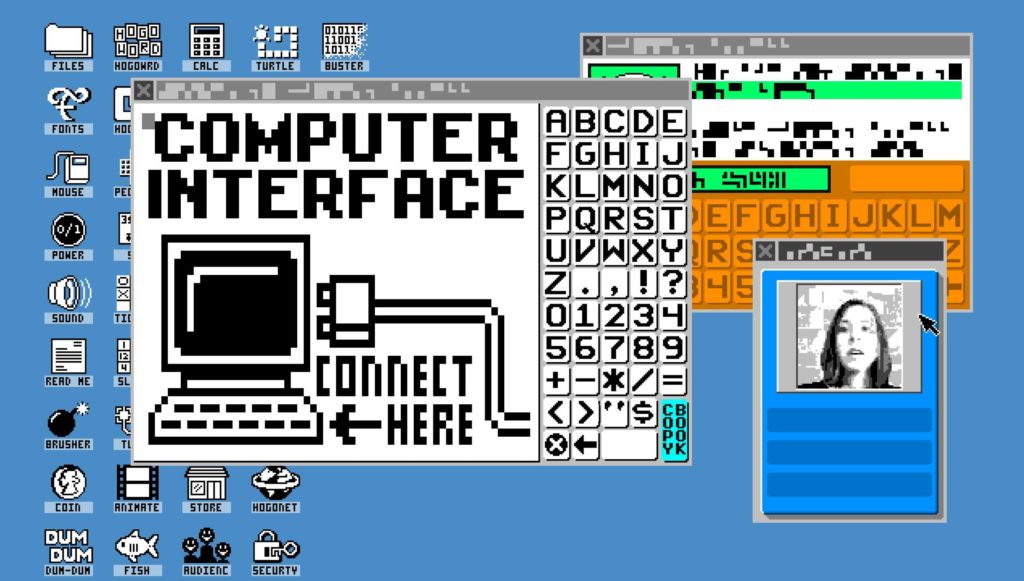
The game begins proper once you’ve figured out the secret therein, and find yourself chatting with an employee of The Hogo Company, who explains that they’re being held in their offices against their will, having to sleep and eat at their desks, guarded by a security system of laser-wielding robots and locked doors. Rugnant, it appears, has gone doolally, and she needs your help to escape.
Here’s the twist: everyone who works for the company is a genius, Rugnant included. The employee explains that every solution they can think of with their genius brains will have been anticipated by Rugnant, and the only way she can envisage his being defeated is by some who’s… well, stupid. A dum-dum. That’s you. And yes, you should take offense. But, she says, if you can use your powers of stupidity to come up with methods to help, they’ll be so dumb that Rugnant won’t be expecting them. So, there you have it: you’ve got a primitive PC, an even more primitive internet, and your dum-dum brain. Go to town.
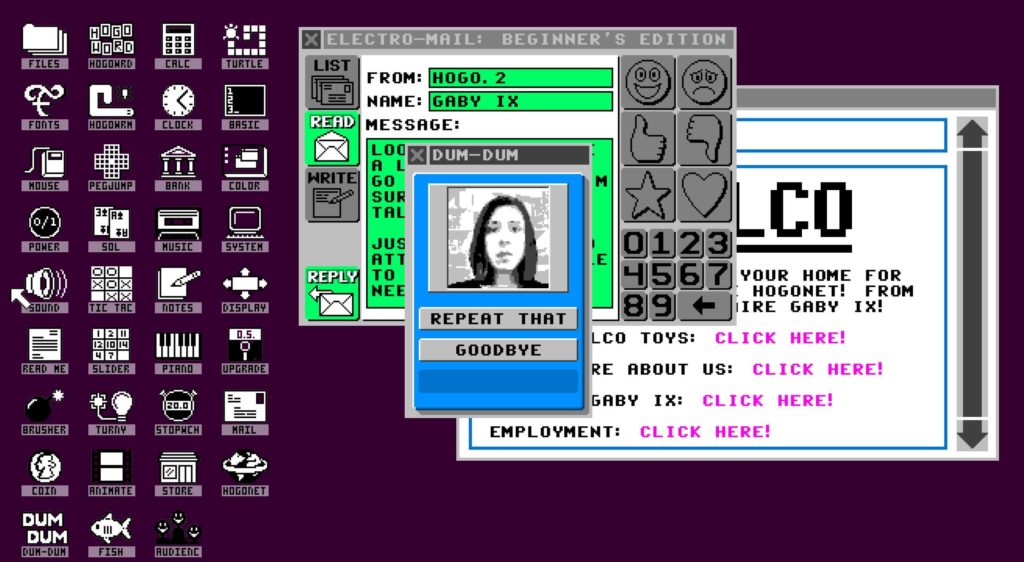
The story twists and turns, and makes constant clever use of many of the apps and games on the system. Things get more and more elaborate as you play, which as it turns out is for a surprisingly long time. I must have spent over six hours with this before it finished, which is an enormously long time for a lost phone-adjacent game. It was developed in Early Access, and the rewards of this are shown by how much is packed in, how it keeps building on its own ideas as it progresses.
That there’s a fully functioning BASIC system, and a handful of games and apps that are never part of the plot but just there for elaborate detail, shows how much has been poured into this. Then on top there are the lengthy documents of backstory to read, along with detailed in-game guides written for various apps, and for fun a wad of license-free e-books stuck in to flesh it out even further.
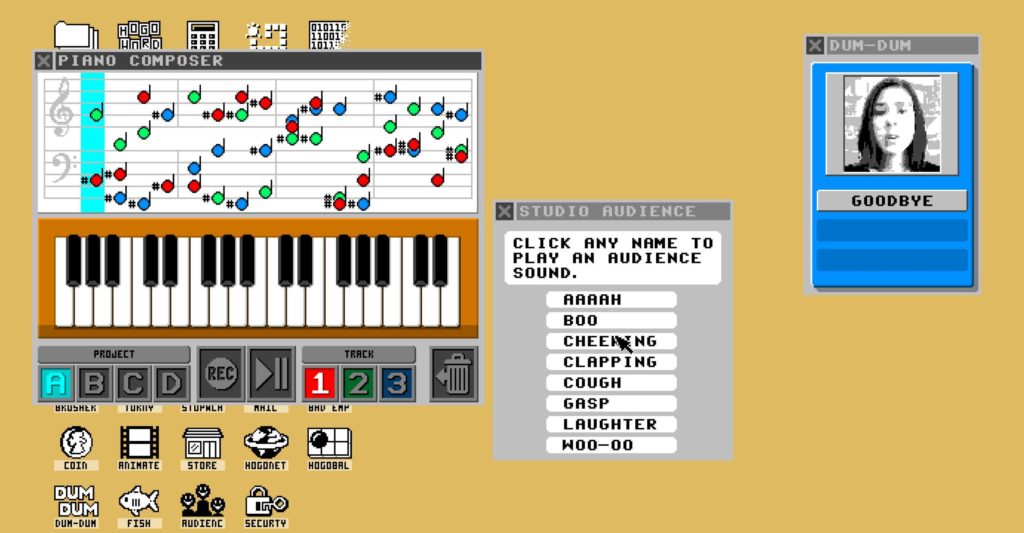
It certainly gets silly, but in a way consistent within its own fiction. I loved the plot, daft as it was, and was delighted that it reaches a satisfying resolution, too. There’s so much in here, so many aspects I haven’t mentioned, so many clever ideas and interesting puzzles. And while it calls you a dum-dum, you’re going to be challenged a good few times along the way.
I’m so impressed by this, and so delighted by such a unique experience. I’m hoping anyone interested didn’t read this far before playing, but promise you that if you have, I’ve only described the first few minutes. Which itself is testament to how much is happening here.
- Hogo Company
- Steam
- £10/€11/$13
All Buried Treasure articles are funded by Patreon backers. If you want to see more reviews of great indie games, please consider backing this project.




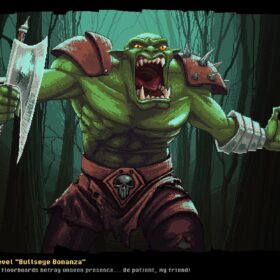
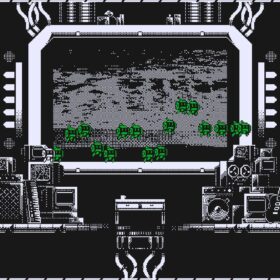


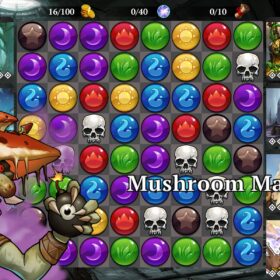
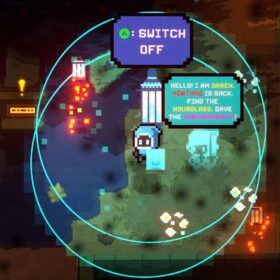


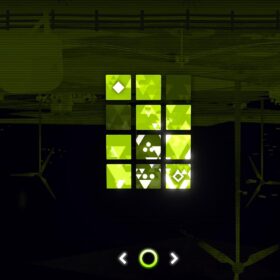

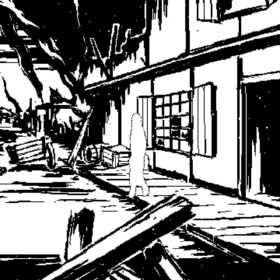



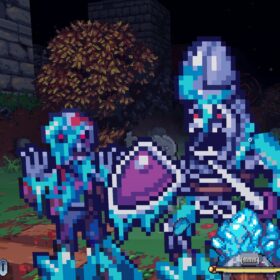


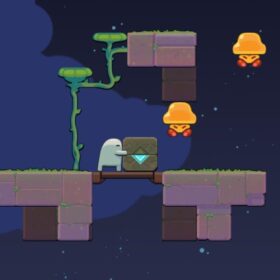
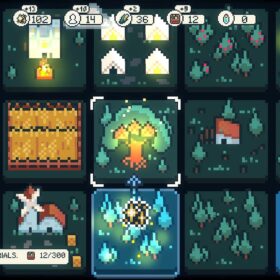


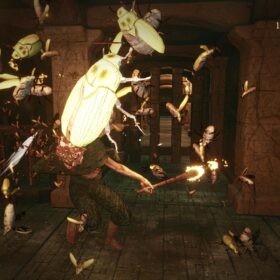

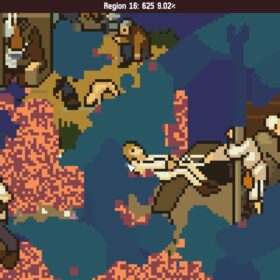
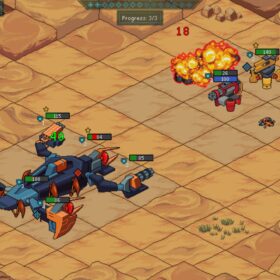


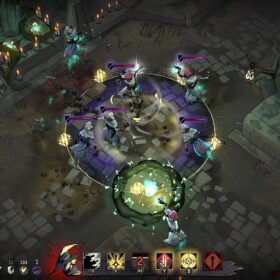
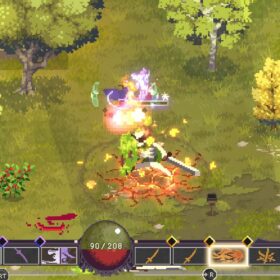
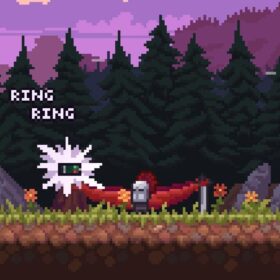
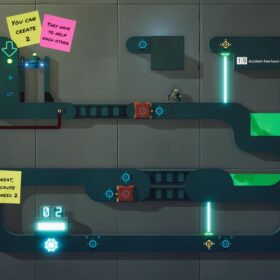
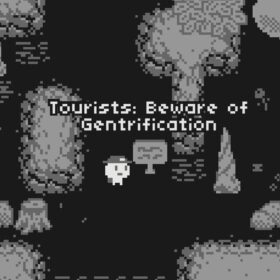

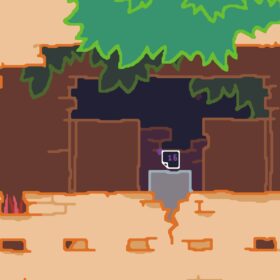




John, thanks for turning me onto this game. I’m loving it. I never would have known about it otherwise.
I was sold at “trust me” and “fictional operating system,” although honestly either would have sufficed here.
I finally played this game this week doing New Year’s wishlist cleanup. I must have put it there because of this article. I had a great time – not that interested in the ‘games’ side-content, although boggling at the amount of it – really enjoyed the way the story evolves with new tools and gizmos.
I thought the voice acting was really charming as well, necessary for the amount of story (and clues!) delivered that way.
I tried to figure out what else the developer has done, bit thwarted by them being called IRL “Hogo Company” — there is a “Hogo Games” whose latest is “Maid Cafe Simulator”. I trust these are different folks and the Dum-Dum developers are living their best lives!
Hooray for Buried Treasure!